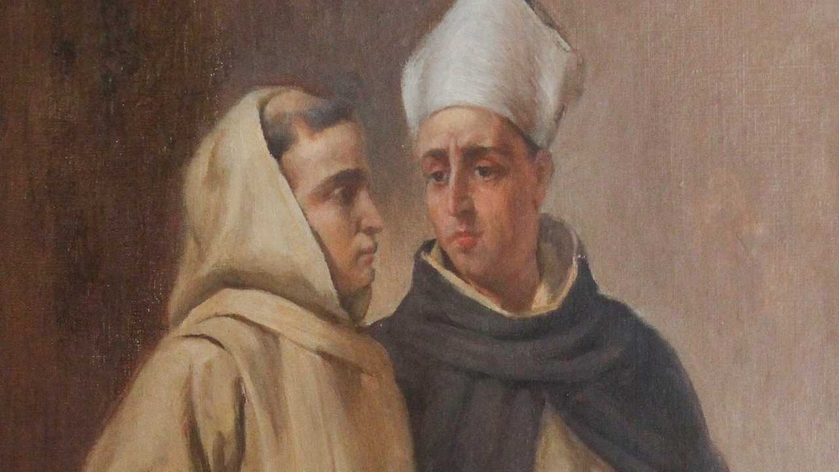The teachings of St. Thomas Aquinas hold a preeminent place in Catholic theology — some would say third only to Scripture and the Church Fathers. Dozens of popes have viewed him as a model of the faithful, rational theologian.
Where did St. Thomas derive his amazing insights? Obviously, God gifted him with an incredible intellect. Scripture and Aristotle's writings played a huge role. But we also need to look to the Angelic Doctor’s little-known teacher, who was also a saint.
St. Albert the Great (c. 1206–80) was a German Dominican friar and theologian who possessed a sharp mind that rivaled his more famous student. He left behind writings that share St. Thomas’ inclination to use the power of the mind — along with a devout faith — to understand the natural world and God’s divine revelation.
Here are a few facts about St. Albert the Great.
The Blessed Mother purportedly appeared to him — more than once!
The first time, she asked him to join the Dominican Order. The second time, he was struggling with theological studies and resolved to leave the order. After gently reprimanding him for not seeking her help, she opened his mind to better comprehend the mysteries of theology.




















